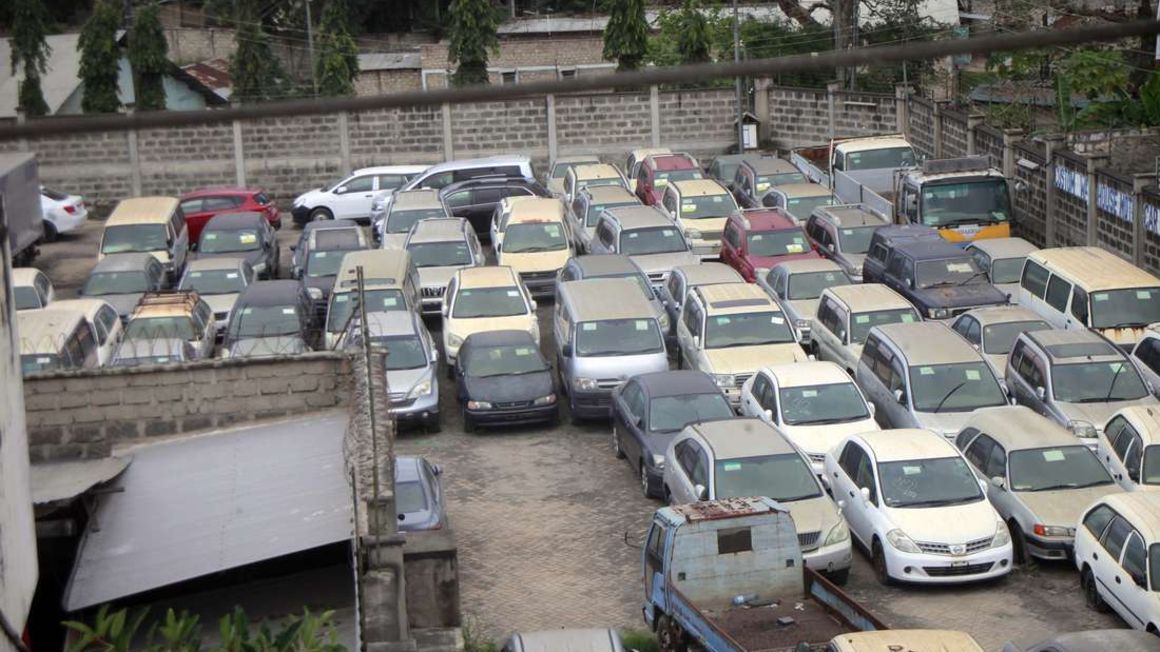Old cars in a yard awaiting auction. Auctioneers say they have experienced a dry spell as there are few takers of repossessed assets. Timothy Owuor, a Nairobi-based auctioneer, looks at the assortment of items on his yard and nostalgically remembers years past, when such a trove would fetch him millions in just a few hours.
"You would have three or four guys fighting over an asset but today you may have one or none," he says.
Not today. There are repossessed items everywhere, but few takers.
"You virtually have to fish buyers from their houses and convince them to spend their money," says Mr Owuor, who runs Nairobi Connection Services Auctioneers.
This is a departure from the norm. Gone are the days when auctioneers were a feared and loathed lot. They are losing their sting, thanks to Covid-19.
As incomes fall through job losses and business closures, lenders are growing impatient and more and more people are being auctioned.
The only problem now is that few people come out to buy. Auction yards are filled up but demand is weak, with only "precious" assets such as cars and houses getting the attention of buyers.
Banks, the biggest losers in the rising debt pandemic, have begun inviting customers back to the discussion table – sometimes without telling the auctioneers. As the economy continues to be battered by the vagaries of the Covid-19 crisis, there is a swelling pool of distressed properties belonging to borrowers who have fallen behind in loan repayments. Even as banks give borrowers three to six-month breaks, the default rate is rising. Economic headwinds
"Most of these assets are for commercial purposes and what it means is that if business is slow, there is no income to pay the loans," says George Muiruri of Leakey’s Auctioneers.
Stanbic Bank Kenya has recently advertised bids for vehicles repossessed from customers who have run into economic headwinds. But the lender’s chief executive officer Charles Mudiwa knows he cannot count on auctions alone. His customers are distressed. The bank has therefore deferred interest collection on Sh1 billion worth of loans drawn by 460 people who purchased vehicles.
But the defaults keep growing."This (rising loan defaults) is an issue affecting the asset finance industry collectively as a result of cash flow pressure and a direct effect of the Covid-19 pandemic," says Mr Mudiwa.Stanbic last week invited buyers to submit bids for 72 vehicles, whose reserve price ranged from Sh460,000 to Sh6.34 […]
